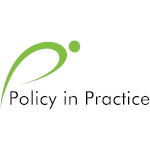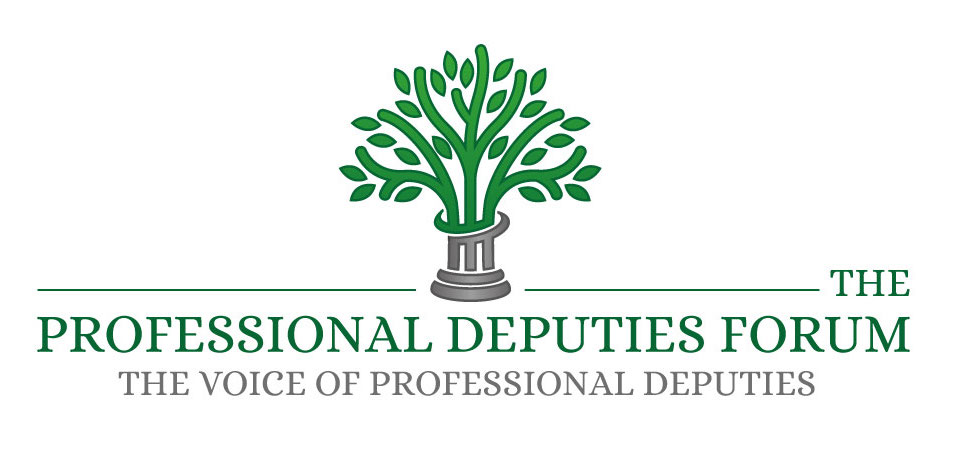The debt charity Christians Against Poverty (CAP) have recently published a hugely insightful report on vulnerability, ‘Stacked Against’. It looks at the overuse of the term by companies and financial organisations, meaning that too many people are labelled as vulnerable, and those who are truly desperate are getting overlooked.
Whilst they welcome support for vulnerable consumers, the charity calls for a move beyond labels and silos, and a better understanding of the complexity of people’s lives and the wide variety of difficult situations that people face. They give the example of some utility companies regarding all households with a child under five as vulnerable, which in the majority of cases is a world away from someone with mental health problems or a terminal illness. The research found that the greater number of separate issues suffered simultaneously, the increasingly fragile their situation becomes.
CAP’s report researched the links between fourteen different additional difficulties faced by their debt clients. They included caring for a loved one, unemployment, poor mental health, childhood trauma and lone parenting. It found that nearly seven in ten (67%) are facing two or more issues and half are living with three or more. It also notes that while the presence of vulnerability does not guarantee financial difficulty will be present, vulnerable circumstances often have a financial impact. It notes that 735 of people helped by CAP said debt made them ill.
The report notes that it is important to appreciate the dynamics of vulnerability and that it is not a permanent state, but can be enduring, meaning that support needs to be provided for as long as is required.
They call for flexible, joined up solutions, and simple and accessible services, which is what the VRS are looking to provide for consumers, allowing them or their carers to identify themselves as financially vulnerable for however long a period that they require.
The VRS is delighted to be supporting CAP in their CAP Fresh Start Group, and welcome the important contribution to the vulnerability debate that their report makes.
The report can be read in full here













Comment(1)-

Jonathan says
03/06/2019 at 4:02 pmIts great to see that vulnerability is being looked into in more depth and not labelling everyone with the same diagnosis. I have family members diagnosed with identical mental health issues however their symptoms are completely opposite and effect them in totally different ways.